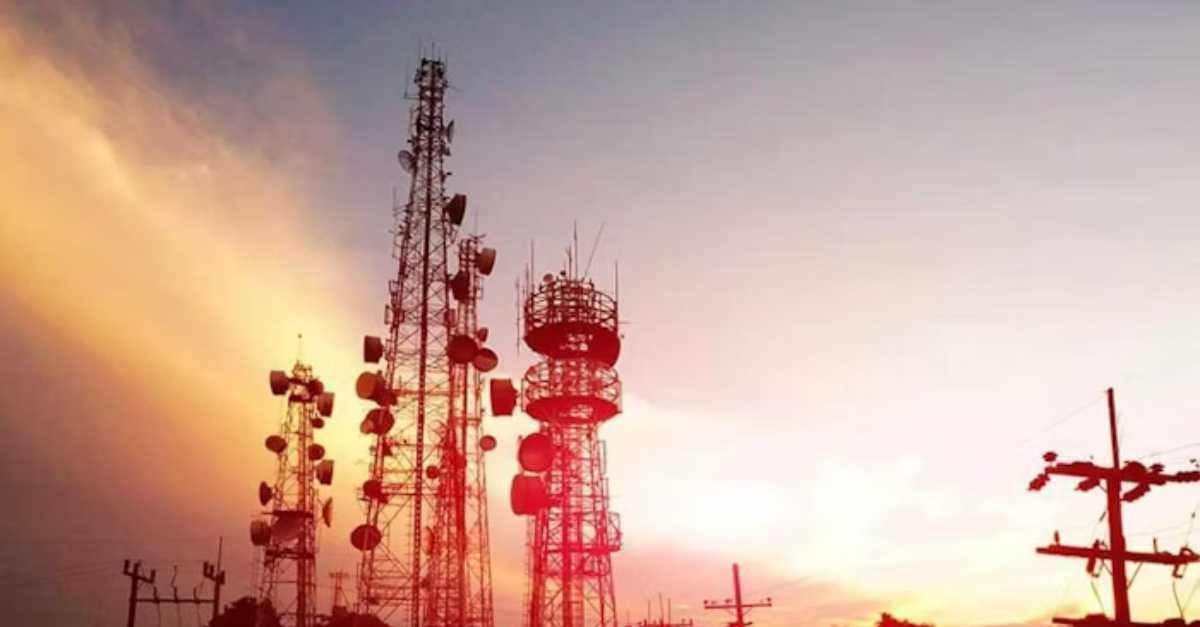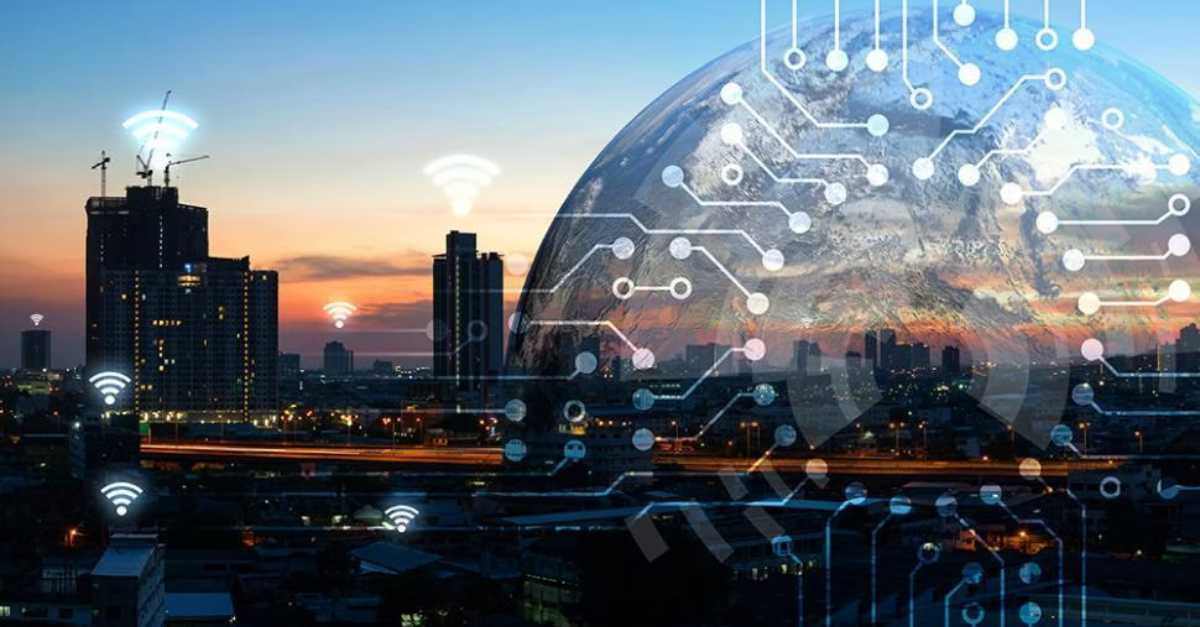
Monitor Critical Telecom Equipment with IoT Remote Monitoring
Find out how to achieve significant cost savings by switching from reactive to preventive maintenance.
Solutions
Workplace Management Solutions
Real Estate Management Solutions
Maintenance Management Solutions
Energy Management Solutions
Engineering Document Management Solutions
Asset Management Solutions
Automate campus scheduling for classes, meetings, and exams with our EMS software.
Plan and manage conferences effortlessly with EMS software to impress guests and streamline operations.
Boost workplace flexibility and maximize space use with seamless desk and room booking.
Organize workplace or campus events smoothly, creating memorable experiences.
Optimize workspace, manage allocations efficiently, and reduce costs with our space management solutions.
Deliver projects on time and within budget by improving communication, collaboration, and efficiency with our software.
Streamline lease accounting for ASC 842, IFRS, and GASB compliance.
Manage leases efficiently by tracking key dates, analyzing costs, and ensuring compliance.
Centralize data and analytics for better insights, faster negotiations, and revenue growth.
Centralize facility and asset maintenance, automate work orders, and ensure compliance with our CMMS software.
Extend asset life, reduce downtime, and prevent costly repairs with data-driven monitoring.
Prevent equipment failures and extend asset life by detecting and addressing issues early.
Make sustainable, cost-efficient energy decisions by monitoring and optimizing power consumption.
Remotely monitor and control equipment with real-time data to predict issues, boost efficiency, and reduce downtime.
Easily share and collaborate on documents, creating a single source of truth for engineers and contractors.
Manage and analyze assets across their lifecycle to schedule maintenance, reduce downtime, and extend lifespan.
Improve visibility, automate work orders, and ensure compliance for efficient facility and asset management.
Resources
Browse our full library of resources all in one place, including webinars, whitepapers, podcast episodes, and more.
Support
Looking for access to technical support, best practices, helpful videos, or training tools? You’ve come to the right place.
About Accruent
Get the latest information on Accruent, our solutions, events, and the company at large.

Learn how IoT remote monitoring can positively impact your facilities management systems.
Enabling these objects to connect and exchange data is the IoT Remote Monitoring, the network of physical devices or “things” embedded with electronics, software, sensors, and connectivity. Tying these “things” together allows a building to become an intelligent or smart building. This trend in intelligent buildings has been growing steadily over the last decade, and has proven benefits that extend far past corporate real estate, its tenants, and their vendors. If your organization isn’t taking advantage of IoT, see how other companies are finding success with implementing IoT into their organizational ecosystem.
With these intelligent building scenarios in mind, the next logical question is “where do we start?”
Companies interested in intelligent building technology are analyzing how IoT can be leveraged across the larger organization.
Two examples include HVAC and Lighting. With the ability to remotely and automatically assess which rooms are currently being occupied instead of ventilating, heating, air conditioning and switching on all the lights for a whole floor or building, serious savings can be made for just switching these on when someone is in the room.
Executives can see other measurable impact in the following areas:
Employees using wearable sensors can monitor activities and record information. This data can be leveraged to enhance productivity, increase safety, and lower costs. From fatigue monitoring to air quality, the data is valuable to both employees and the enterprise.
COVID-19 mitigation integrations with IoT – such as cleaning management software solutions that help customers optimize cleaning schedules by automatically sending out a cleaning schedule after a meeting – test whether your workforce is safe to go out in the field or come into the office, and will become a 'must have' going forward.
By detecting changes in temperature and light, you can improve the transport operations of valuable cargo , including perishable items, or temperature sensitive assets (servers, hardware, etc.). In addition, historical data can be used to improve and control other similar scenarios. For example, server rooms, tech transport, or machine maintenance.
By uploading historical data from several different sources into our software you will be able to establish baselines as compared to current utility and energy bills, for example. Once the new software is in place, real cost savings and areas for improvement can be identified in real time from a single dashboard, giving you one version of the truth.
With the investment in intelligent buildings, comes a much needed adaptation in the way companies handle large amounts of data, aka the cloud. Big Data allows for companies to track and analyze previously unavailable data about employee movement/occupancy, asset temperature, vibration, and light in addition to other discernable conditions across network connections. Understanding how drivers react to city traffic, or employees with integration and security can provide a much-needed outlook in this area.
With a single dashboard that continuously monitors all integrated data points, you only action real alarms, you see predictive points of failure and respond early before breakdown with reduced downtime, you only send relevant technicians to fix a problem or even enable remote fixing and you enable energy efficiencies as you run your equipment at optimal levels.
As companies continue to adopt technologies across all areas of their business, there is a fundamental need to improve operations continuously without negatively impacting consistency or efficiency.
Accruent’s IoT solution has proven to reduce downtime and money spent on unnecessary reactive services. Connecting assets via IoT allows organizations to enhance their intelligent buildings by putting a preventive maintenance plan in place, controlling asset settings remotely, and moving beyond a condition-based maintenance plan to predicting equipment failures.
To learn more about IoT remote monitoring in corporate real estate, contact us today.
corporate real estate, contact us today.
Find out how to achieve significant cost savings by switching from reactive to preventive maintenance.
Learn how to harness the power of Big Data, IoT remote monitoring, and mobile tools to transform your retail operations.
IoT remote monitoring helps companies manage their assets remotely, in real-time, with devices and sensors that collect data and transmit it over the ...
Subscribe to stay up to date with our latest news, resources and best practices.
* To unsubscribe at any time, please use the “Unsubscribe” link included in the footer of our emails.